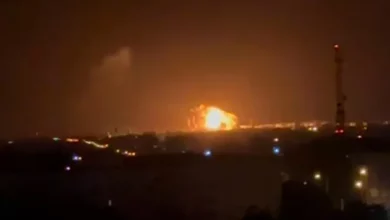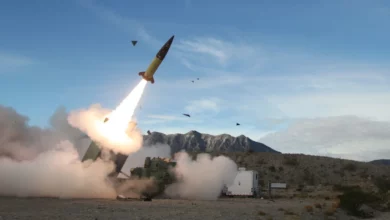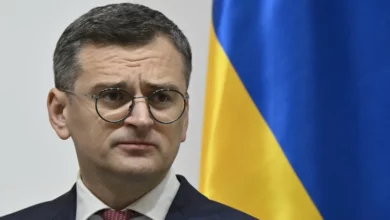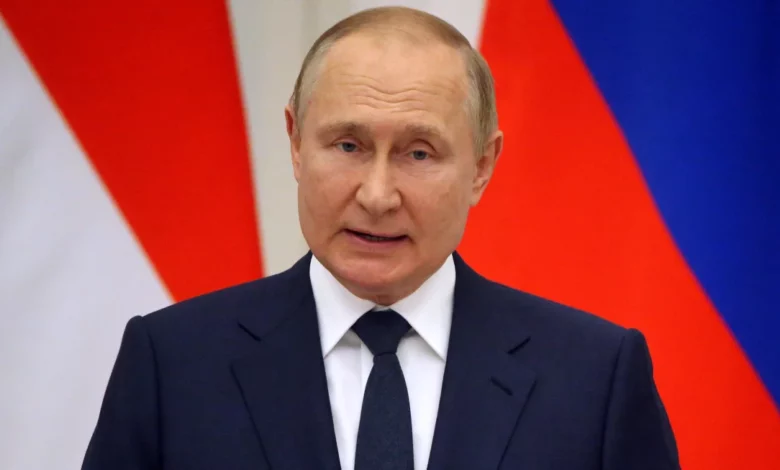
Vladimir Putin says he will run for president again in Russia’s elections in March 2024, in a move that could see him retain power until at least 2030.
Putin made the announcement Friday after a ceremony at the Kremlin, the official residence of the Russian president.
Putin will bid for his fifth presidential term at the elections, set to take place on March 17, 2024, as he aims to solidify his continuous hold on power as head of state or prime minister for more than two decades.
The upcoming elections will also mark the first time that residents of the occupied Ukrainian regions of Donetsk, Luhansk, Zaporizhzhia and Kherson, annexed by Russia during the conflict, will participate in the presidential elections.
Russia’s Central Election Commission said it would organize “house-to-house voting” in those four regions over three consecutive days on March 15, 16 and 17.
The international community previously condemned local elections in these regions, organized by Russian-backed officials, as a sham.
Putin became acting prime minister of Russia in August 1999, before unexpectedly being handed the presidency by then-President Boris Yeltsin on New Year’s Eve of that year.
He served two four-year terms as president before stepping aside in 2008, as he was not constitutionally permitted to run for another presidential term. He endorsed Dmitry Medvedev, who replaced him as president, while Putin took the role of prime minister for a second time.
But he regained the presidency in 2012 and has not relinquished his grip on power since. After winning re-election in 2018, Putin then signed a law in 2021 which paved the way for him to run for two more six-year terms.
The changes to the law means that Putin, 71, could potentially extend his rule until 2036, by which time he will be in his mid-80s and his rule will be well into its third decade.
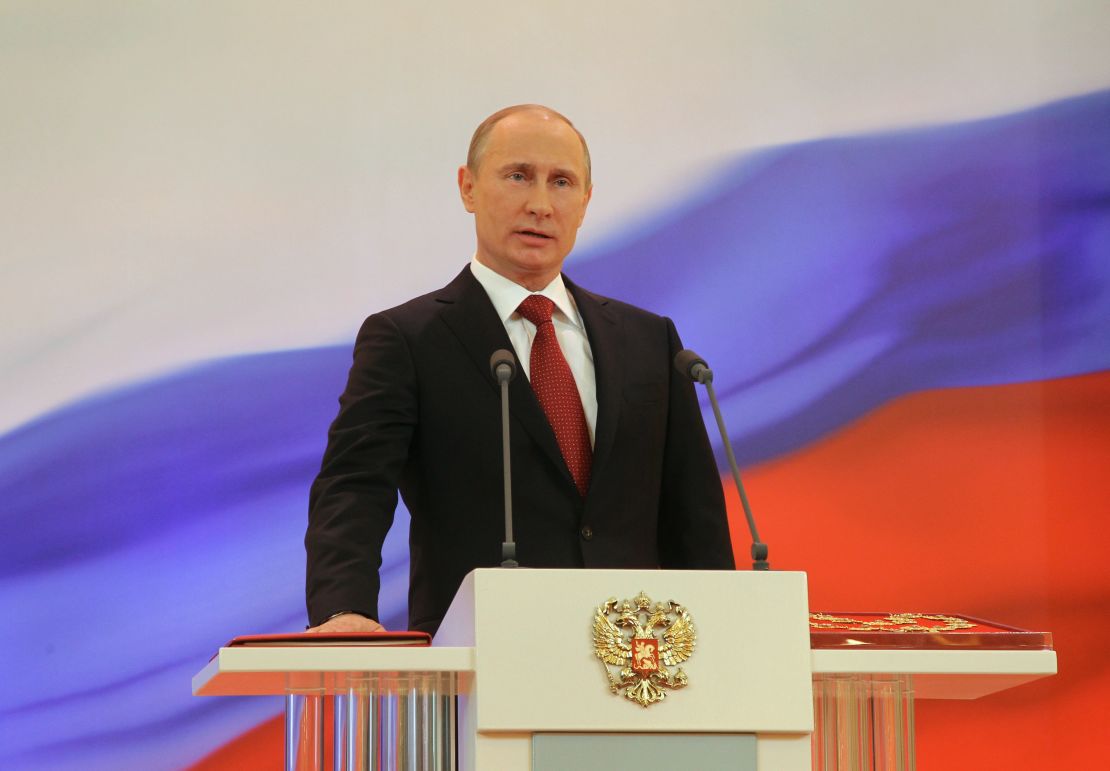
Putin is expected to face no more than token opposition in March. Under his authoritarian rule, opposition politicians have met similar fates: Exile, imprisonment or death in suspicious circumstances.
Russian opposition leader Alexey Navalny, who posed one of the most serious political challenges to Putin during his rule, was sentenced in August to 19 years in prison on extremism charges. Navalny and his supporters claim his arrest was politically motivated, intended to silence his criticism of Putin.
Navalny was immediately detained upon returning to Russia in 2021. He had been taken from Russian to Germany in 2020, after he was poisoned with the Soviet-era nerve agent Novichok. Navalny arrived comatose at a hospital in Berlin, following a medical evacuation flight from the Siberian city of Omsk. A joint investigation by CNN and the group Bellingcat implicated the Russian Security Service (FSB) in Navalny’s poisoning.
Russia denies involvement in Navalny’s poisoning. Putin said in December 2020 that if Russian security services had wanted to kill Navalny, they “would have finished” the job.
Putin’s war in Ukraine, initially expected by Russia to last just a few weeks, will likely have entered its second year by the time presidential elections are held in March. While accurately gauging public opinion in Russia is difficult, the war is still thought to command broad support among the public, despite the costs it has placed on Russian society.
The Kremlin tries to keep the Russian population isolated from the worst of the conflict, but Ukraine has repeatedly attempted to bring the war home to Russia, launching its own strikes on cities across the country – including on the Kremlin itself.
Russia has kept the casualty numbers from its war in Ukraine shrouded in secrecy. In September 2022, Defense Minister Sergei Shoigu said 5,937 troops had been killed in the war. The ministry has not published an update since.
But western intelligence assessments put the toll much higher. Western intelligence assessments put the toll much higher. The United Kingdom defense ministry said in October it is likely that Russia has suffered between 150,000 and 190,000 permanent casualties, meaning killed or permanently wounded, since February 2022.
Earlier this month, Russia announced it would increase its number of troops by 170,000, continuing to draw on its population as its invasion of Ukraine enters its 22nd month.
CNN’s Radina Gigova contributed reporting.

